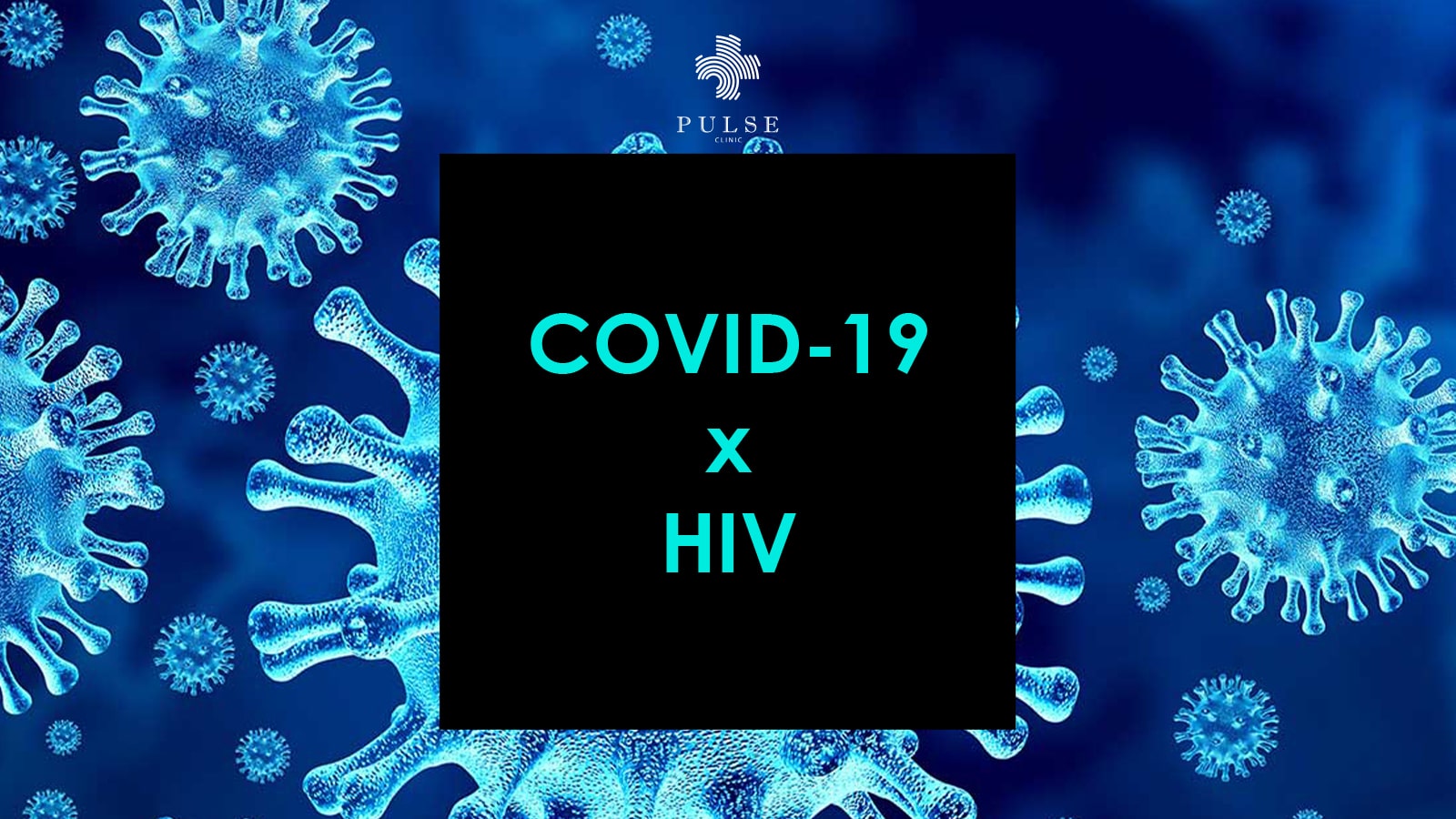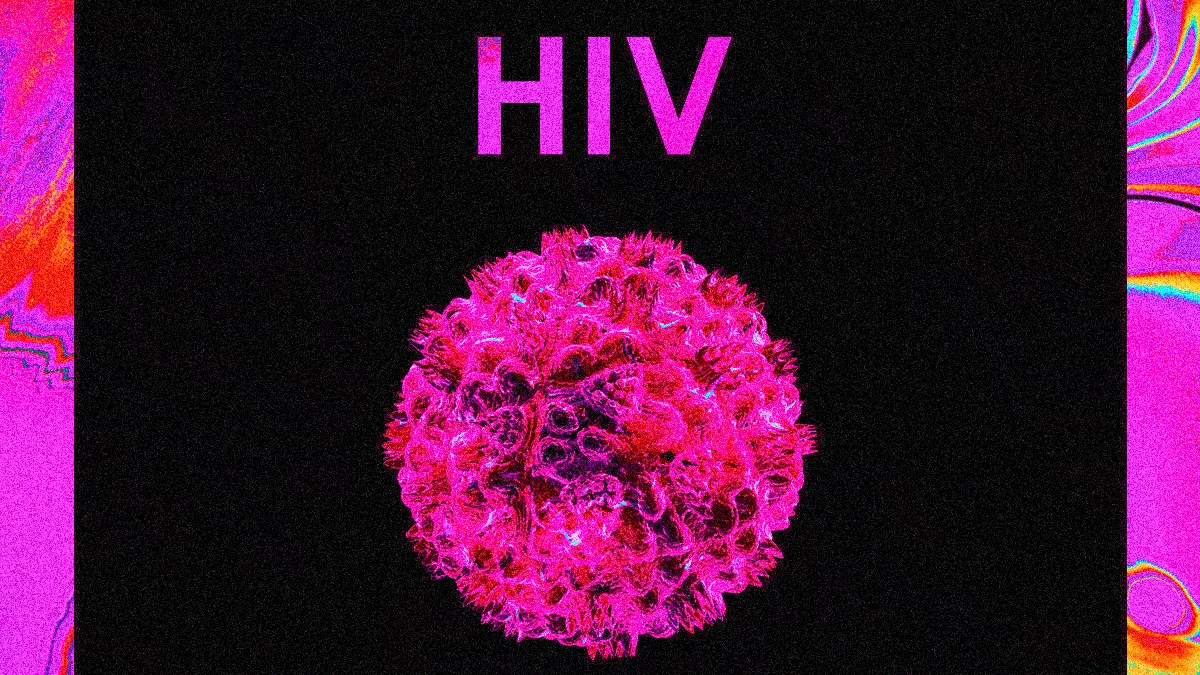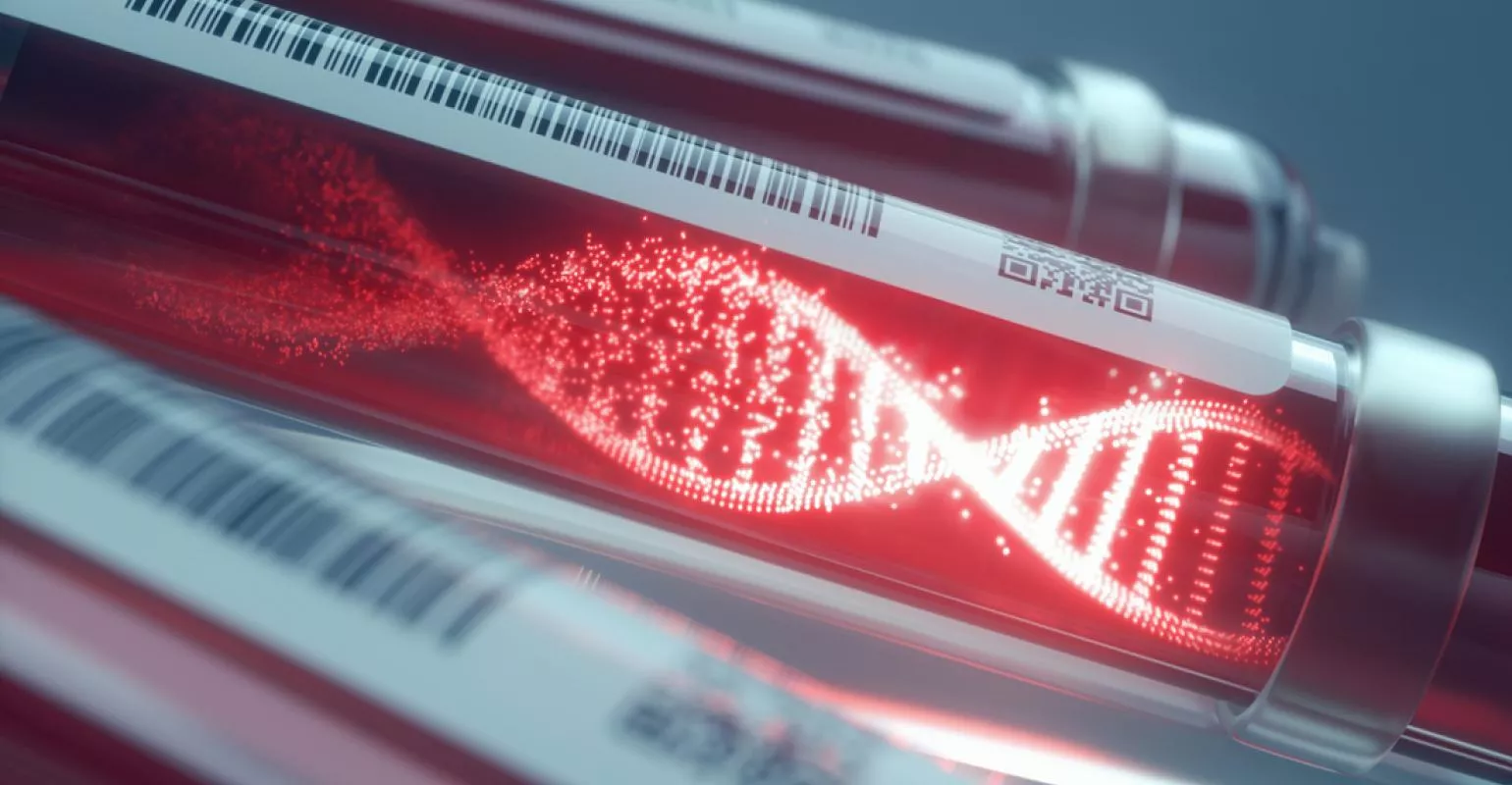
COVID-19 & HIV
17480
Written by Dr.Deyn Natthakhet Yaemim, 24 March 2020
Medically Reviewed and updated by Dr.Deyn Natthakhet Yaemim, 8 March 2021
COVID-19 & HIV - Question & Answer
Q: What is COVID-19?
A: COVID-19 is the infectious disease caused by the most recently discovered coronavirus. Coronaviruses are a large family of viruses which may cause illness in animals or humans. In humans, several coronaviruses are known to cause respiratory infections ranging from the common cold to more severe diseases such as Middle East Respiratory Syndrome (MERS) and Severe Acute Respiratory Syndrome (SARS).
People can catch COVID-19 from others who have the virus. The disease can spread from person to person through small droplets from the nose or mouth which are spread when a person with COVID-19 coughs or exhales. These droplets land on objects and surfaces around the person. Other people then catch COVID-19 by touching these objects or surfaces, then touching their eyes, nose or mouth. People can also catch COVID-19 if they breathe in droplets from a person with COVID-19 who coughs out or exhales droplets. This is why it is important to stay more than 1 meter (3 feet) away from a person who is sick.
Q: COVID-19 and People Living with HIV?
Current clinical data suggest the main mortality risk factors of COVID-19 are linked to older age and other comorbidities including cardiovascular disease, diabetes, chronic respiratory disease, and hypertension.
People living with HIV (PLHIV) who have not started treatment or not achieved viral suppression (undetectable viral load) through antiretroviral treatment may have a compromised immune system that leaves them vulnerable to infections and further disease progression.
So if you know you are HIV positive and haven't started the treatment, talk to your doctor NOW to start the treatment and suppress the virus until you reach undetectable viral load and remain undetectable. Read more about HIV treatment here.
PLHIV are advised to take the same precautions as other population (e.g. wash hands often, cough hygiene, avoid touching your face, physical distancing, seek medical care if symptomatic, self-isolation if in contact with someone with COVID-19 and other actions per the government response).
Q: COVID-19 and HIV positive people with undetectable viral load?
A: Currently, there is no evidence to suggest that there is an increased risk of infection and increased severity of illness for PLHIV and there is currently no reported case of COVID-19 infection among PLHIV, though this can rapidly change as the virus spreads. PLHIV who are taking ARV drugs should ensure that they have at least 30 days of ARVs if not a 3 to 6-month supply and ensure that their vaccinations are up to date (influenza and pneumococcal vaccines).
Contact PULSE CLINIC today to plan your medication supply.
- PULSE CLINIC Bangkok, info.silom@pulse-clinic.com
- PULSE CLINIC Phuket, info.phuket@pulse-clinic.com
- PULSE CLINIC Hong Kong, info.hk@pulse-clinic.com
- PULSE CLINIC Kuala Lumpur, info.kl@pulse-clinic.com or call us at +603211 02122
Q: Is there going to be shortage of medicines for HIV treatment (ART) or prevention (PrEP)?
A: Shortage of Genvoya has been identified in Thailand. US FDA and Thai FDA are monitoring the drug supply chain closely during this COVID-19 outbreak. As of March 28, 2020, there were no reports of manufacturing concerns or supply shortages. We have contacted Thai GPO and were reassured that there will be enough supply of PrEP and other HIV medicines. Some pharmaceutical companies sent us letter about increase of their cost of raw materials and these companies may announce the increase of price of some HIV medications.
Q: Can PrEP prevent COVID-19?
A: NO! There is no evidence to support the idea of HIV-negative people taking antiretrovirals to prevent anything else. PrEP is proved and recommended to prevent you from HIV infection – PrEP should be taken as directed and there is no current evidence that PrEP is effective against COVID-19.
Q: Can I take other HIV drugs to prevent COVID-19?
A: NO. There is ongoing discussions and research around some HIV antiretrovirals which may have some activity against COVID-19. The first randomised clinical trial with lopinavir/ritonavir demonstrated no benefit over standard care in 199 hospitalised adults with severe COVID-19.
Q: Can I stock up my PrEP or HIV medications during lockdown?
A: Yes, you can. As WHO suggested that clinically stable PLHIV adults can benefit from ART delivery model that PULSE CLINIC provides which include multi month prescriptions (up to 6 month supply) which reduce the frequency of visits to hospitals and clinics and ensures continuity of treatment during possible disruption of movements and clinic schedule during the coronavirus outbreak. Contact PULSE CLINIC today to stock up your medications. This service is also provided to people who are taking PrEP for HIV prevention.
Q: How can PULSE help me during COVID-19 pandemic?
A: PULSE CLINIC is general practitioner clinic with special experiences in sexual health and prevention, diagnosis and treatment of HIV and co-infections. Our clinic is categorized as "necessary services" together with our intention to continue to provide the help to our pre-existing clients and people effected by COVID-19,
our branches in Thailand are OPEN EVERYDAY for consultation, diagnosis and continuous treatment and care,
our branch in Kuala Lumpur open Monday - Saturday from 11:00AM until 7:30PM.
Add us on Line and stay in touch.







